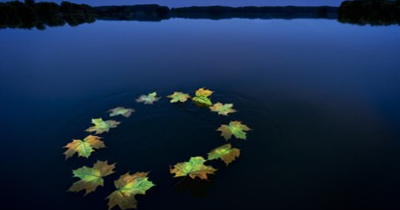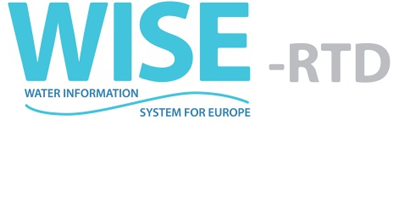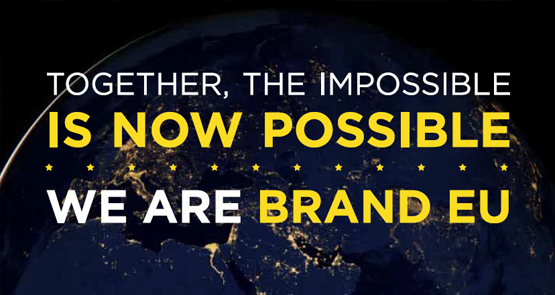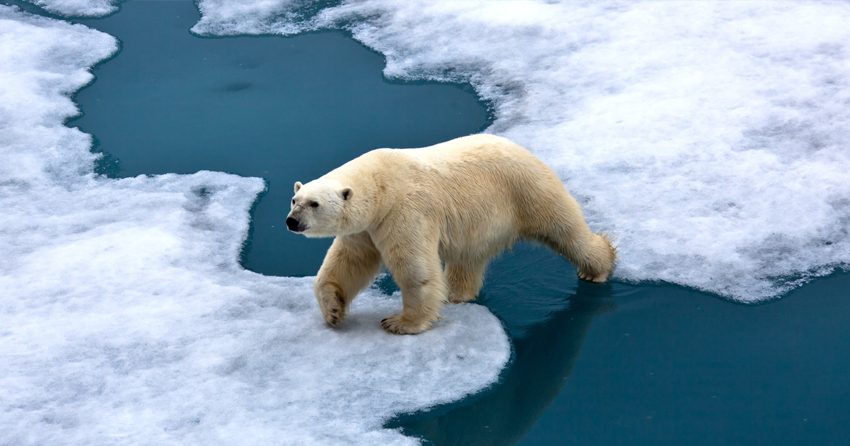Nature and Sustainability |
Water Management

Water Management
Water availability problems affect many regions in Europe and require combined action at EU level, and it is all the more necessary to take action given that sporadic or sustained water shortages are likely to persist due to climate change. For these problems to be appropriately addressed, these issues need to be considered:
- the frequent inefficiency of current national water pricing policies;
- land-use planning;
- the need to favour water-saving measures, which entails setting priorities in terms of solutions (so as to prevent the use of additional water supply infrastructures) and in terms of water uses (providing water to the public is a top priority);
- the need to act in an integrated manner and to base such action on scientific information.

Water Framework Directive
The European Union (EU) has established a common framework for water protection and management, which aims to protect and restore aquatic ecosystems, and to guarantee long-term, sustainable water usage for individuals, businesses and the natural world. This Framework-Directive has several objectives such as preventing and reducing pollution, promoting sustainable water usage, protecting the environment, improving the state of aquatic eco-systems and reducing the effects of floods and droughts.
It has established a framework for the protection of:
- inland surface waters (e.g. rivers*, streams, lakes and pools, springs)
- groundwater
- transitional waters
- coastal waters
*Rivers – River basins covering the territory of more than one Member State are assigned to an international river basin district.

Water Information System for Europe (WISE)
WISE is a partnership between the European Commission (DG Environment, Joint Research Centre and Eurostat) and the European Environment Agency, known as “the Group of Four” (Go4). WISE addresses several user groups:
- EU institutions as well as Member States national, regional and local administrations working in water policy development or implementation.
- Professionals working in the water field from public or private organisations, with a technical interest on water.
- Scientists working in the water field.
- General public, including in this group those working in private or public entities not directly related to water policy but with an indirect interest in water (regular or sporadic).



